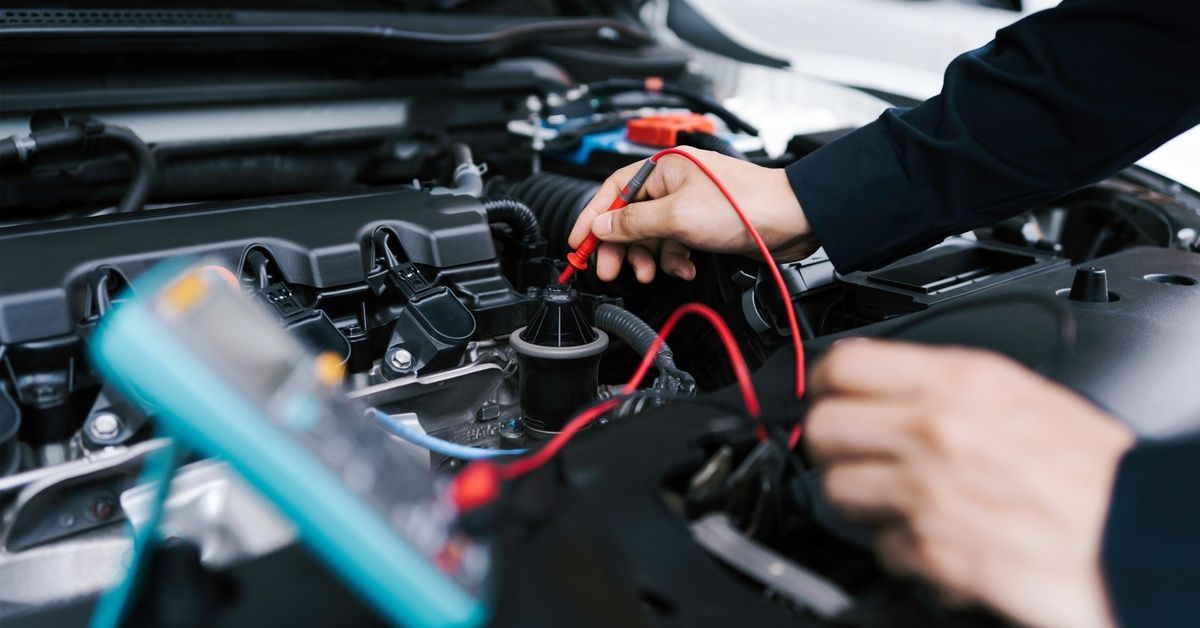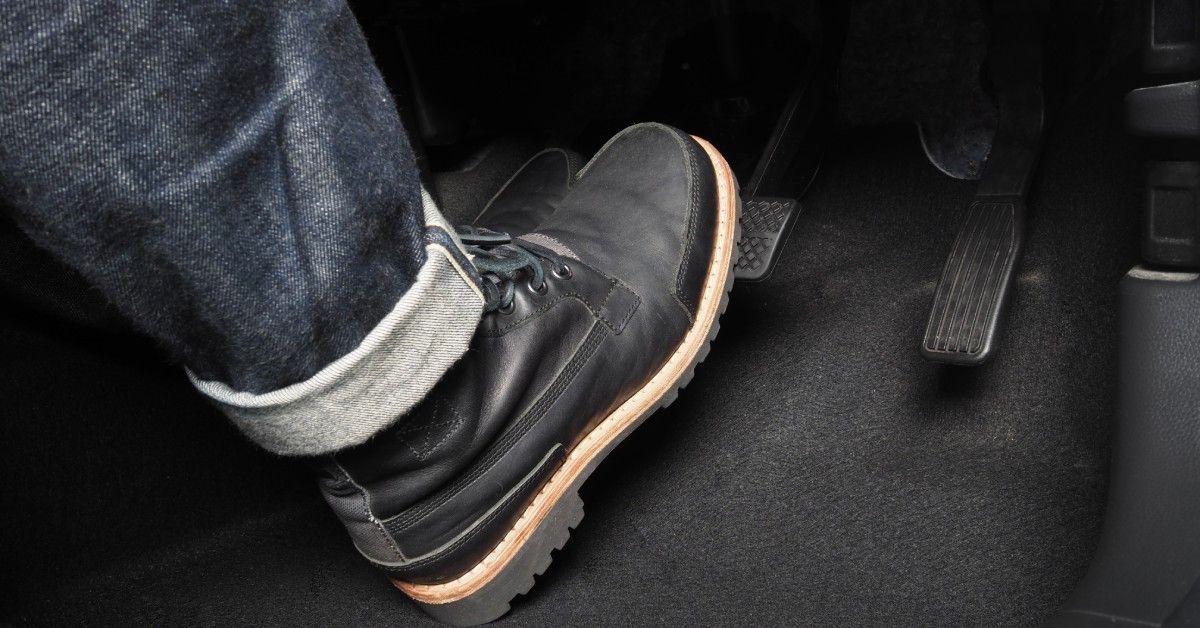4 Ways Weather Can Affect Your Brake System
Sometimes the weather works against us and causes problems, especially for our vehicles. Vehicle brake systems are vulnerable to the weather and can encounter various issues. It’s important to understand the ways weather can affect your brake system so you can resolve and prevent them.
Whining When You Brake
When it’s raining or snowing, it’s common for that moisture to make its way into the brake system. The moisture will coat the area between the brake rotors and pads and can cause a brake system problem. This can lead to the rotors rusting if the moisture sits overnight.
Rust causes friction between the pads and rotors and produces a loud whine when you brake. Before it rains, cover your car or park under cover to prevent rain from getting into the brake system and causing your brakes to squeal.
Taking Longer To Brake
Another way weather can affect your brake system is by hindering your ability to brake quickly. If moisture forms precipitation in the brakes, it will become difficult to brake and may take longer to come to a complete stop.
Brake pads require friction to make the brake rotors stop spinning and bring the wheels to a stop. If there is excess moisture between these parts, it will take longer to stop or slow down.
Brake Failure
Your brake fluid lubricates parts such as the brake pads to ensure they don’t wear down as fast when making contact with the rotors. But another common way weather affects your brake system is that heat in the warmer months can cause brake fluid to collect condensation and eventually boil.
When the fluid heats up, this can cause a brake system problem because there is a greater chance of the pads wearing down and your rotors warping from the heat and friction. Refreshing your brake fluid in your vehicle with a higher DOT rating, such as DOT 3 or 4 for a higher boiling point, will help your brake system remain well-lubricated and mitigate the effects of the weather.
Sudden Brake Repairs
Have you ever asked yourself, “Does cold weather affect brakes?” The answer is yes. In addition to storms and heat having an impact, extreme cold can affect the brake system and will cause damage to its parts.
Cold, along with heat, can affect the metal of the rotors and pistons and wear down the brake pads. This can lead to you having to go for frequent repairs at a brake repair shop. Keep the vehicle protected however you can by storing or covering the vehicle with a tarp to protect it from precipitation.
It’s important to keep your brake system intact to remain safe on the road. Understanding the ways weather can affect your brake system will help you prevent issues in the future and maintain control as you drive.




